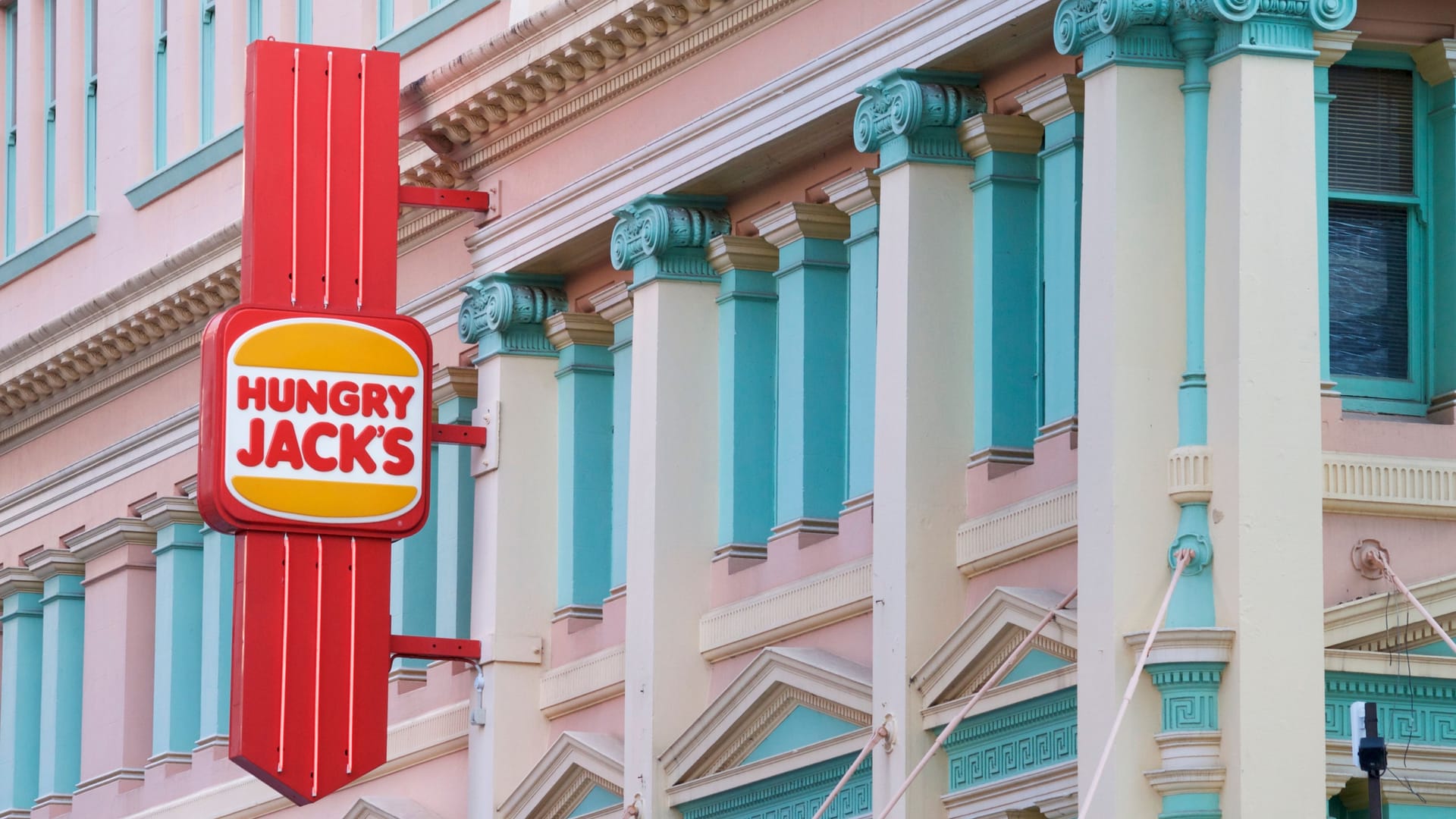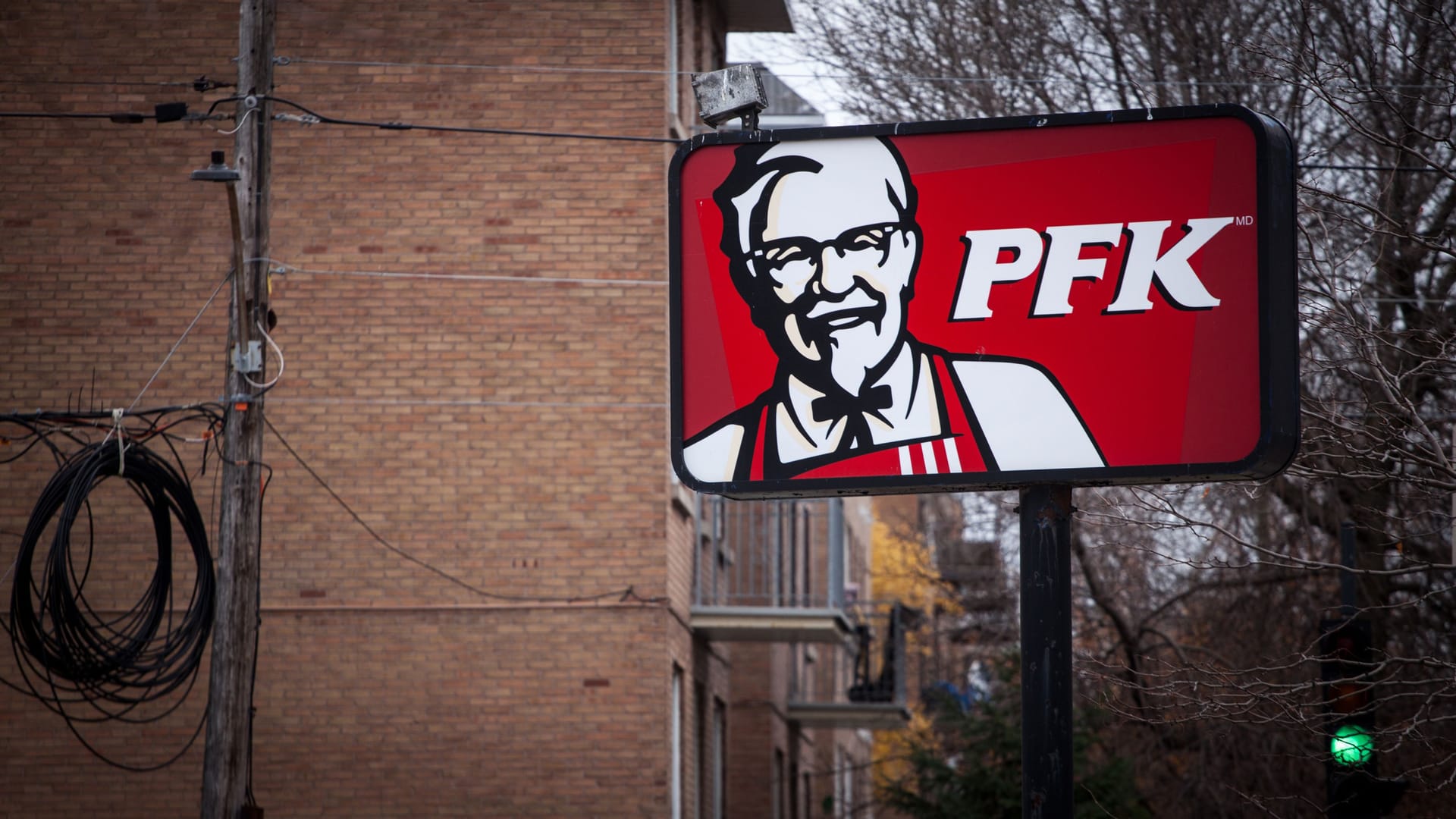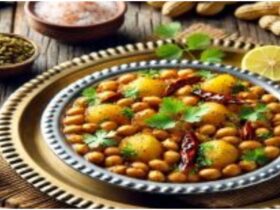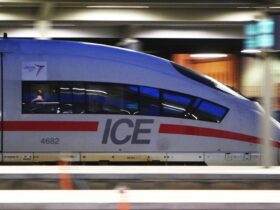Dosenbach, Hofer or Hungy Jack’s
Why are brands abroad different
Updated on March 26th, 2025 – 9:12 a.m.Reading time: 3 min.


Twix used to be called Raider and there is no Aldi in Austria – the discounter chain is called Hofer. Well -known brands often have completely different names in other countries. Is there more than a simple renaming?
Anyone who shops abroad quickly realizes: familiar products are suddenly very different. But this is not a coincidence, but a targeted strategy. Companies adapt their brand names to position themselves better in foreign markets, to avoid legal problems or to avoid cultural hurdles.
A well -known example is the ice cream manufacturer Langnese from Unilever. While the brand has been established in Germany for decades, the same product in Italy is sold under Algida, in Austria as Eskimo and in Great Britain as Wall’s. But why?
Also in the confectionery industry are not uncommon. Until 1991, the Twix chocolate bar was sold as Raider in Germany. The changeover served to pursue a globally uniform brand strategy. The advertising campaign “Raider is now called Twix, otherwise nothing will change” made the transition unforgettable.
Snickers experienced a similar adaptation, which was known in Great Britain until 1990 under the name Marathon. And Milky Way also causes confusion: a chocolate bar has this name in the USA, but in Europe the product is more like the Mars bar.
Drinks that taste different – and are called
Large beverage manufacturers also rely on regional names. Fanta, for example, is sold in different countries under different names. In St. Lucia it is called Icy, in the Dominican Republic of Country Club and in the Philippines Royal. Coca-Cola took over established brands there and kept their names.
Another example is Budweiser. Because of a brand dispute with the Czech brewery Budějovický Budvar, Anheuser-Busch must not drive its beer under this name in many European countries. Instead, it is simply known as a bud.
Even car brands are affected. Opel sells its vehicles in Great Britain under the Vauxhall brand because Opel took over the traditional British brand. The off -road vehicle Mitsubishi Pajero had to be renamed Montero in Spanish -speaking countries, since the word Pajero has an offensive meaning there.
There are also numerous examples of the name change in the area of personal hygiene. The well -known deodorant Rexona is sold in Great Britain as a sura, in the United States it is Degree. The reasons behind such a decision can be varied.
International restaurant chains sometimes have to adapt. Burger King cannot appear under its usual name in Australia because the brand was already awarded there. That’s why the branches are called Hungry Jack’s.
There is also a linguistic adaptation in Canada. In the French -speaking regions of the country, Kentucky Fried Chicken is led as Pfk “(Poust Frit Kentucky). This means that the brand can better integrate into the French -speaking market.
The adaptation of brand names have many reasons. An important factor are brand law conflicts: If a name in a country has already been protected by another company, the group must switch to an alternative. For example, Burger King in Australia or Budweiser in Europe.
Another reason is linguistic comprehensibility, so Danone became Dannon in the United States. Cultural sensitivity also plays a role: what sounds harmless in a language can be appealing or misleading in another.
In addition, companies use name changes specifically for their marketing strategies. A well -known brand with a regional reference can strengthen the trust of consumers. Therefore, Aldi took over the name Hofer in Austria because it was already known to customers.
Ultimately, it is about positioning a brand in such a way that it is successful in every market. Companies therefore invest a lot of time and money in market analyzes before choosing or changing a name. Because one thing is certain: a familiar name can be a decisive factor for consumers when buying.







